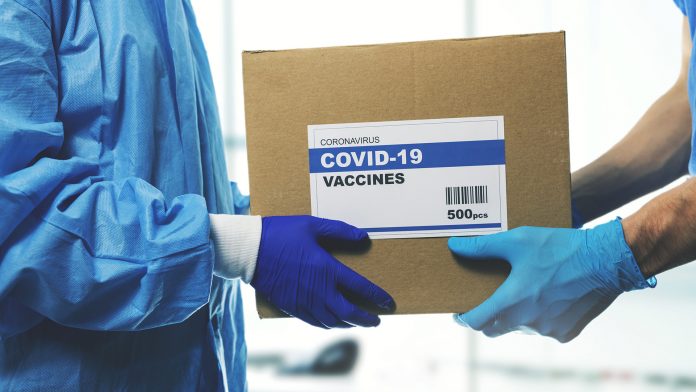
A new scoring tool developed by the University College London (UCL) assesses which countries require COVID-19 vaccines most.
Throughout the COVID-19 pandemic, vaccine inequalities were emphasised massively. High-income countries welcomed millions of COVID-19 vaccines, whereas the residents of lower-income countries were required to wait. Now, researchers have developed an assessment tool that will accurately prioritise which countries need COVID-19 vaccines.
The researchers noted that the tool considers a wider range of factors than the current global COVAX facility, which has been criticised by some countries, specifically by low-income countries. The study asked 28 experts from 13 countries what they believed were the most important factors for assessing countries’ needs for vaccines.
The findings were published in BMC Public Health.
Prioritising COVID-19 vaccines
The experts included individuals based at universities and national public health institutes in countries such as the UK, Japan, Kenya, Norway and South Africa. They concluded that the most important factor for vaccine delivery is the proportion of the overall population who were not fully vaccinated.
The experts also outlined that the proportion of the high-risk population not fully vaccinated, health system capacity, capacity to purchase vaccines and the proportion of the population classes as clinically vulnerable were all valid factors.
These factors were then incorporated into a choice task to determine how each factor should be weighted and to design a scoring tool.
The researchers hope the tool will allocate COVID-19 vaccines a fairer process by offering explicit criteria to identify needs and using an evidence-based process to derive the tool.
Corresponding author, Dr Vageesh Jain (UCL Institute for Global Health), said: “The equitable global allocation of Covid-19 vaccines has received considerable attention, although to date the concept of an ‘equitable allocation’ of vaccines has been poorly defined.
“Understanding vaccine equity requires an assessment of the need for vaccines across countries. This includes evaluating how resources are prioritised among those with varying needs, as well as ensuring that countries with similar needs for vaccines have comparable levels of access.”
COVAX: insufficient access to vaccines
COVID-19 vaccines are allocated using the COVAX Facility, which aims to allocate enough vaccines to cover 20% of the national population. Similarly, several factors are considered when making this decision. However, the COVAX Facility has experienced insufficient access to vaccines. This was highlighted by the Omicron variant.
Dr Jain said: “The current process being used to allocate scarce vaccines across countries, which was hastily designed during a global health crisis, warrants scrutiny and, if possible, improvement.
“Assessing needs for Covid-19 vaccines is complex, given the extensive but variable impacts of epidemics across populations and the diversity present in social value judgements.
“But our study has found that several factors exist, extending beyond traditional metrics, which may lead to particular countries having a greater need for vaccines compared to others.
“On average, the proportion of the overall population and of the high-risk population not fully vaccinated were the most highly valued factors related to vaccine needs. Several other factors found to be important, such as the economic impact of lockdowns are not routinely considered in global vaccine allocation mechanisms.
“It is likely that we will see a similar situation arise with regards to vaccine equity and monkeypox – with vaccines being a key part of outbreak control. However, we have already witnessed richer countries buying up most of the vaccines leaving a general lack of supply for the rest of the world.
“This transparent scoring tool will aid qualitative assessments to further the role of equity in global vaccine allocation.”
























